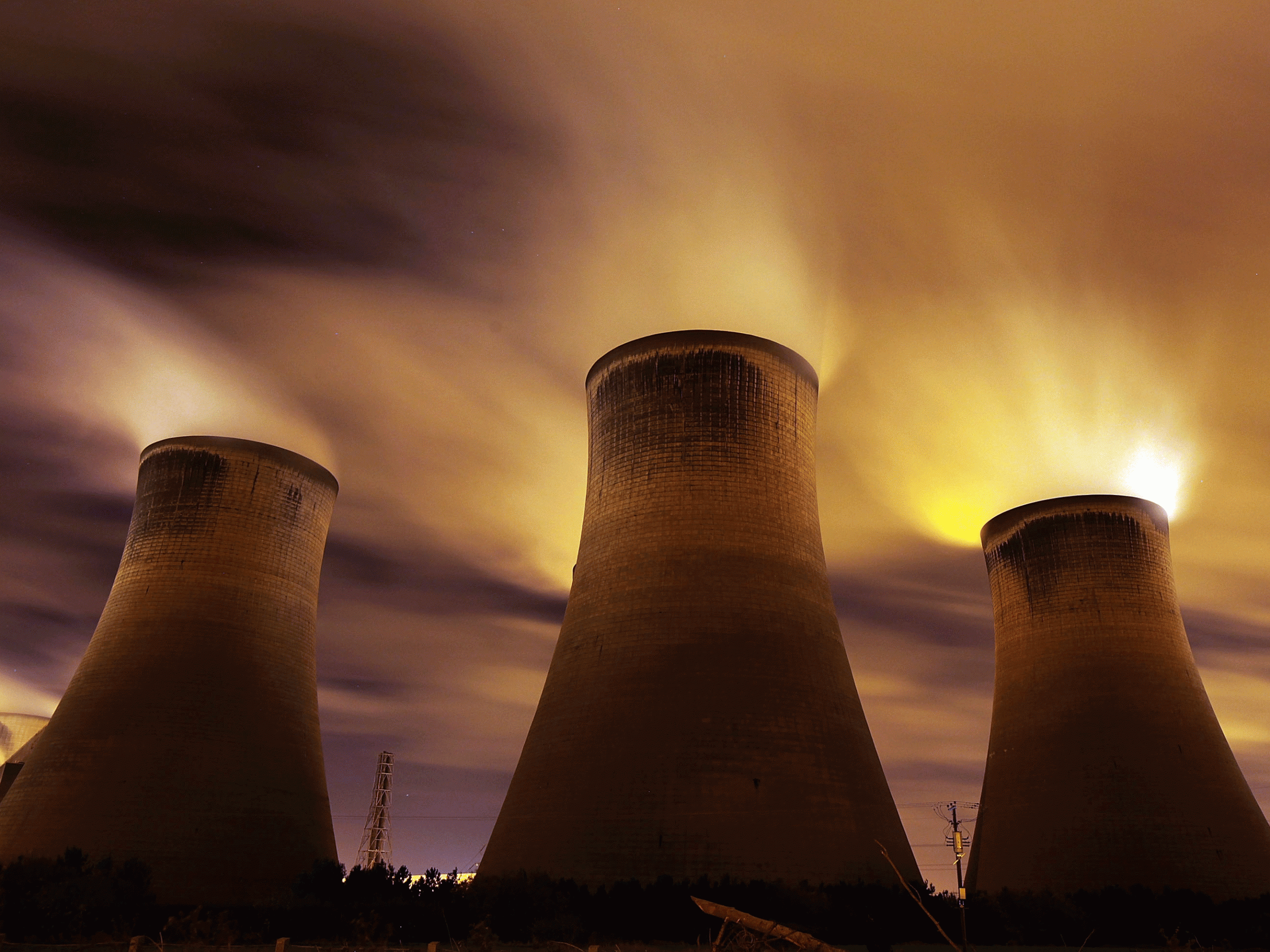Climate change: February smashes global temperature records to become the warmest month since records began
February broke the temperature record which was only set the previous month

The Earth's temperature reportedly rose to another record high in February, providing further evidence that the problem of global warming is only getting worse.
Global temperatures in February were around 1.15 and 1.4 degrees warmer than average, making it the most unusually warm month on record.
Worryingly, the monthly record broken by February was only set the month before, signfying a big spike in temperatures in a very short period.
The figures revealing the temperature rises are based on unofficial satellite data, released at the start of March.
More official figures will be revealed towards the middle of the month, but even accounting for the margin of error of these early datasets, they still reveal that February comfortably broke temperature records.
Writing in Slate, Eric Holthaus points out that it took the Earth from the industrial revolution until October 2015 to experience a 1-degree rise in the average temperature, and we've seen a 0.4-degree rise in the last five months.
Part of this dramatic rise may be down to El Niño, the regular warming in the Pacific Ocean that can have knock-on effects on temperature and rainfall around the world.
Years in which the phenomenon occurs are often among the warmest on record, and it's possible that the current El Niño has unlocked a lot of heat that was trapped in the oceans since the last major one in 1998.
The agreements made at the COP21 climate conference in Paris last year committed all parties to pursue efforts to limit the global temperature increase to 1.5 degrees above pre-industrial levels. If the current spike continues, it's possible this limit could be briefly exceeded this year.
Even if the current high temperatures are only temporary, they could have major knock-on effects on ecosystems around the world.
Scientists have previously warned that one in six species could be made extinct by climate change by the end of the century, and nations in central Asia, Africa and South America stand to be the most vulnerable if temperatures reach life-threatening levels.
Join our commenting forum
Join thought-provoking conversations, follow other Independent readers and see their replies
Comments
Bookmark popover
Removed from bookmarks